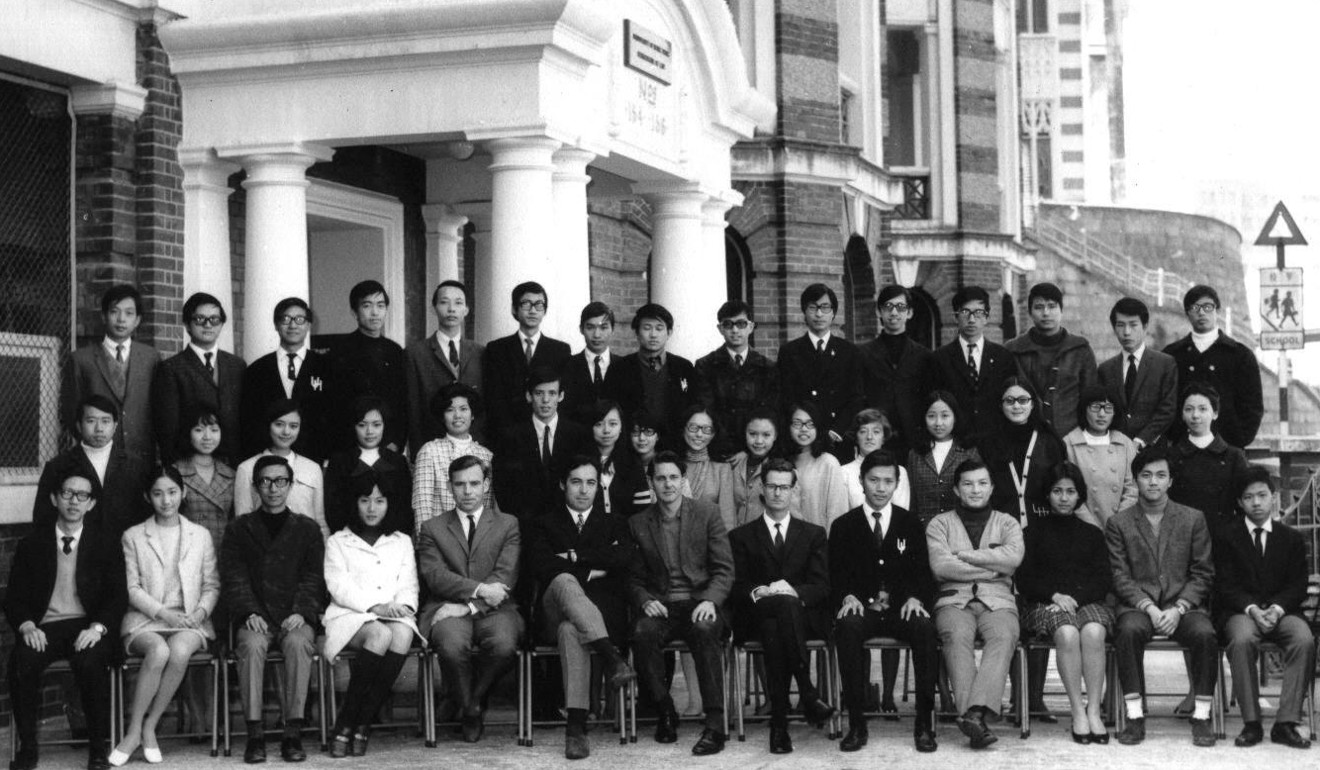
Hong Kong’s young lawyers have a duty to uphold the rule of law, while keeping pace with changing times
- Andrew Li says amid momentous changes, law school graduates should develop a strong sense of responsibility and the capacity for lifelong learning
The University of Hong Kong Faculty of Law has built up a formidable reputation as our premier law school. It is one of the best in Asia and ranks among the top law schools in the world. It has produced graduates who form the backbone of the judiciary and the legal profession. Its graduates also contribute to business, government and other sectors. Many occupy leadership positions in public and civic life.
Of course, no institution can rest on its laurels. Looking ahead, I am sure that this law school will continue to strive for excellence in its teaching and research and that it will go from strength to strength. Lawyers have a crucial role to play in upholding the rule of law and lawyers are what law schools make them. That is why this law school will continue to play such a significant role in maintaining the rule of law in our society.
When this law school was founded some 50 years ago in 1969, the world was a very different place. Compact discs were unknown, let alone computers and the internet. Hong Kong had a Legislative Council, whose members were all appointed by the governor. We had no cross-harbour tunnel.
Those somewhat idyllic times are long past. The last half-century has witnessed the most momentous changes in the world. We have seen the most amazing advances in science, technology and in every field of human endeavour. As a striking example, it has been pointed out that there is today more computer power in a Ford family car than there was in Apollo 11 when Neil Armstrong took it to the moon in 1969. All around the globe, there have been sea changes in the geopolitical landscape. Above all, our motherland, China, has emerged as a modern and strong nation.
By the time the graduating students of today reach the prime of their working lives in say 20 to 30 years’ time, we will be marching towards the middle of this century. What will the world be like then? What does the future hold? Looking to the future, we can only be certain of one thing. The pace of change in all fields is likely to accelerate. The only certainty is uncertainty and the only security is the ability to cope with insecurity. I wish to offer our graduates a few thoughts which may provide them with guidance in meeting the exciting challenges ahead.

Ultimately, our society must find its soul in its social conscience based on respect for human dignity
We must develop a strong sense of responsibility. Today, people all around the world are very conscious of their rights. They talk about their entitlements. Some even think and act in terms of what society owes them. But all rights should be exercised responsibly.
It is high time for the balance to be redressed and that we recognise and accord at least equal importance to our responsibilities. Responsibilities at various levels: to our country, China, to our community in Hong Kong, to our profession and to our family. I believe that developing a strong sense of responsibility by all citizens is of fundamental importance in our striving for a better future.
We live in a highly materialistic world, with some people measuring human worth by how much one earns and spends. But legal professionals should not be obsessed with material possessions. I hope you will remember that we make a living by what we get, but we make a life by what we give. You must be prepared to contribute to the welfare of our society. Ultimately, our society must find its soul in its social conscience based on respect for human dignity.
So act honourably and ethically, develop a strong sense of responsibility and contribute to the welfare of society.
Secondly, it is important to be and to remain adaptable at all times in order to meet changing circumstances. This is essential for success and indeed survival. As has been wisely observed, it is not the strongest or the most intelligent who survive. It is those who are most adaptable to change that are able to survive.
We must be keen to continue to learn from experience in the university of life
In order to remain adaptable, we must believe in and practice learning for life. This would ensure that we would have the knowledge and skills required from time to time in order to survive and thrive. Things taught at schools and universities are not an education but only a means to an education and there are no limits and boundaries to learning. We must be keen to continue to learn from experience in the university of life. As has been wisely observed, experience is the teacher of all things.
Thirdly, it is most important to develop the strength of character, the inner strength, to overcome adversity. Life’s journey is a long distance one. As you progress through it, there will be many ups and downs. Sometimes, the sun will shine on you. But at other times, life can be stormy. It is important always to move on, with the determination to overcome adversity. “For sweet are the uses of adversity” as Shakespeare pointed out. You must face life’s challenges with great vigour and courage.
You should aim high and strive to make a difference. Each of you has the opportunity to fly as high as your ability, commitment and industry will take you.
Andrew Li Kwok-nang is a former chief justice of Hong Kong. This is an edited version of his speech at the University of Hong Kong’s Faculty of Law graduation ceremony on November 30

